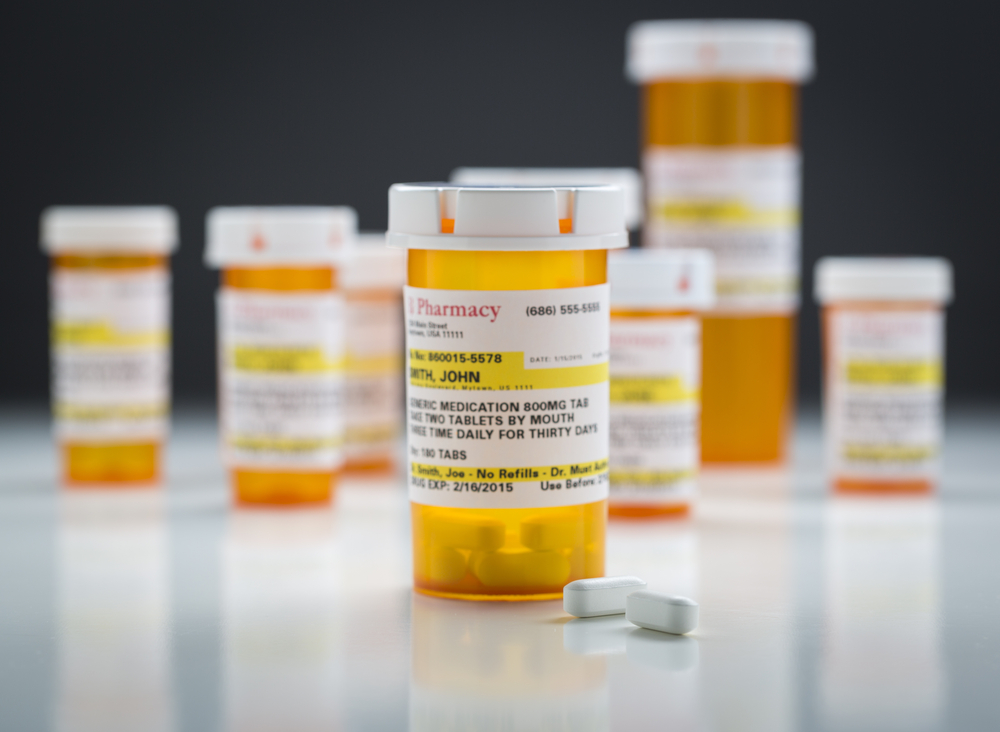Jan. 24, 2018 – In a dip from previous low-enforcement letter years, the Office of Prescription Drug Promotion (OPDP) issued a total of five enforcement letters in 2017, fewer than half the number of letters issued in 2016 (11). Of the five enforcement letters sent this year, two were Untitled Letters and three were Warning Letters.
“The number of letters is low, but the violations cited are very familiar,” said Coalition for Healthcare Communication Executive Director John Kamp. “Drug sponsors need to know that OPDP is open for business, attending conferences and monitoring sales aids, brochures, websites and DTC advertising,” he remarked. “Sponsors who fail to tell the full story on effectiveness or omit risks are going to get a letter. Note, too, that although the number of letters is lower, OPDP continues a vigorous pre-review of launch and DTC advertising.”
Common violations alleged in the 2017 letters were false or misleading claims, omission of risk information, omission of material facts, and misbranding. Listed below are brief summaries of each 2017 enforcement letter.
University of California Los Angeles/Untitled Letter (Dec. 28, 2017)
OPDP cites UCLA for suggesting on a webpage and in a brochure that an investigational drug (Ga68-PSMA(b)(4)) is safe and effective for PET scans to detect prostate cancer cells throughout the body, the purpose for which it is being investigated. These claims misbrand the investigational drug, according to OPDP.
Avanthi Inc./Warning Letter (Dec. 19, 2017)
In reviewing a conference panel for Lomaira™ (phentermine hydrochloride USP) that appeared in the main exhibit hall at the Endocrine Society’s 99th Annual Meeting and Expo, and at the American College of Cardiology’s 66th Annual Scientific Session and Expo, OPDP found that the panel makes false or misleading claims and/or representations about the risks associated with Lomaira (indicated as a short-term adjunct in a regimen of weight reduction), and omits material facts from the indications and usage section of the PI.
Amherst Pharmaceuticals LLC/Magna Pharmaceuticals Inc./Warning Letter (Nov. 14, 2017)
OPDP cites a “product information” page on the Amherst website as well as Magna booth and exhibit materials, stating that both “make false or misleading claims and/or representations about the risks associated with and efficacy of Zolpimist™ (zolpidem tartrate) Oral Spray, which is indicated for the short-term treatment of insomnia/difficulties with sleep initiation. OPDP states that both the webpage and exhibit panels “fail to communicate any risk information,” and, as such, “fail to provide material information about the consequences that may result from the use of the drug and create a misleading impression about the drug’s safety.”
Cipher Pharmaceuticals/Warning Letter (Aug. 24, 2017)
The Warning Letter sent to Cipher, which licenses its ConZip® opioid painkiller to Vertical Pharmaceuticals, states that a detail sales aid “makes representations and/or suggestions about the efficacy of ConZip” that include the phrasing “all-day pain relief” and “measures up,” and states the product is indicated “for the management of moderate to moderately severe chronic pain in adults who require around-the-clock treatment of their pain for an extended period of time.” OPDP takes issue with these statements, alleging omission of risk and omission of material facts.
Orexigen Therapeutics Inc./Untitled Letter (May 18, 2017)
A direct-to-consumer television ad for Contrave® (naltrexone HCI and bupropion HCI) made false or misleading statements about the risks of the product, according to OPDP. The enforcement letter states that the ad is misleading because it includes efficacy claims for Contrave but fails to include important risk information for “a number of serious risks,” including a boxed warning on the package insert (PI), multiple contraindications and other warnings and precautions, as well as an indicator on the PI of the most common adverse reactions.




